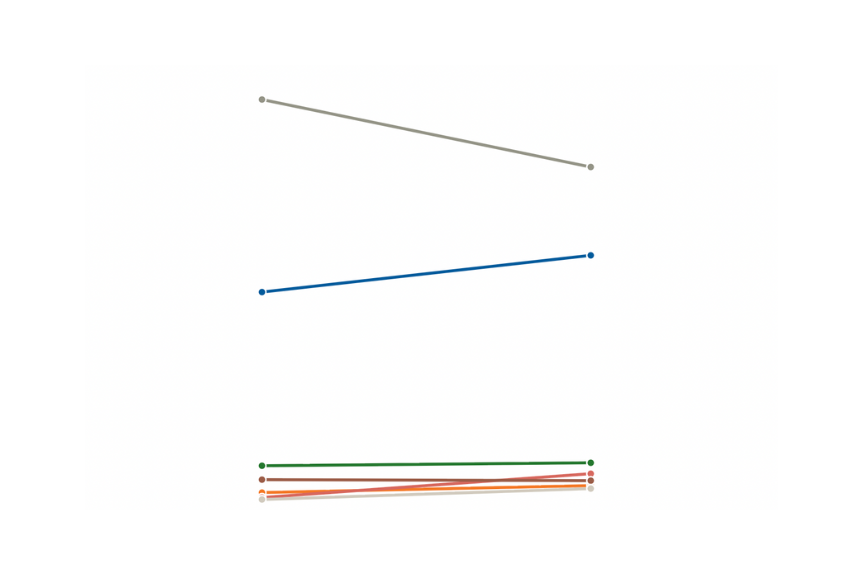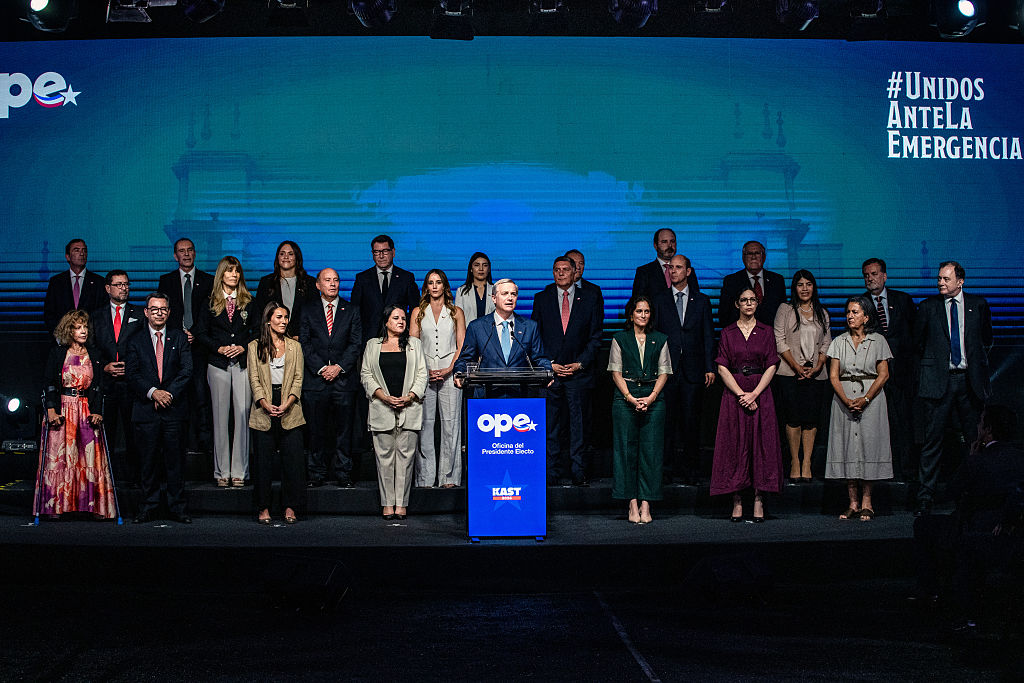Honduras: Prospects, Pitfalls, and Possibilities
Honduras: Prospects, Pitfalls, and Possibilities
Less than two weeks before the Honduran elections, an AS/COA panel explored the aftermath of the June 28 overthrow of Manuel Zelaya, the role of Washington and the international community in the crisis, and the potential for transparency on election day.
Speakers:
- William Sweeney, President, International Foundation for Electoral Systems
- John Maisto, former Senior Director for the Western Hemisphere, NSC, and former Ambassador to the OAS, Venezuela and Nicaragua
- Lawrence Harrison, Director, Cultural Change Institute, The Fletcher School, Tufts University
- Christopher Sabatini, Editor-in-Chief, Americas Quarterly, Senior Director of Policy, Americas Society/Council of the Americas
- Eric Farnsworth, Vice President, Americas Society/Council of the Americas (moderator)
Summary:
On November 19, 2009, the Americas Society/Council of the Americas hosted an on-the-record conversation about the political crisis in Honduras, focusing on the upcoming national elections and the impact of a decision by the Honduran Congress to delay the vote on reinstating ousted President Manuel Zelaya. The event was hosted at the Brookings Institution.
Reflecting on U.S. and International Policy to Date
Each of the speakers agreed that international policy, and U.S. policy in particular, on the Honduran crisis has been shaky thus far. But panelists differed on how the situation could have been better addressed. John Maisto saw a failure on the part of the United States and the Organization of American States (OAS) in issuing an ultimatum to suspend Honduras’ membership from the OAS. The Fletcher School’s Lawrence Harrison disagreed with the strong sanctions imposed by Washington and opined that Zelaya should have accepted his exile. He disagreed with the U.S. position that Zelaya should be returned to power through the end of his term. However, AS/COA’s Christopher Sabatini voiced strong support of Zelaya’s reinstatement prior to national elections in order to support democratic values not only in Honduras, but across Latin America. He characterized the failure to return Zelaya to his post as a very negative precedent for the region. Moreover, he stated that the United States should have done more to condemn Zelaya’s actions instead of focusing its criticism on Micheletti and his supporters.
Looking toward the Future: Prospects for the November 29 Elections
Regarding the upcoming November 29 elections, all of the speakers agreed that the outcome must be as transparent and fair as possible. William Sweeney, who has an IFES team in Honduras assisting the election tribunal with technical details, reported that the tribunal has done well in preparing election materials. He expressed confidence in the military and police involved to provide support and prevent intimidation of voters at the polls. Sweeney also made a point to mention that the Honduran military is routinely involved with distribution of election materials and that their involvement should not be seen as a cause for concern.
Sweeney did, however, express apprehension that until now international observation in the process has been low. Harrison joined him in calling for electoral observers to turn their attention to the Central American country and to help establish the election’s legitimacy in the international community. Maisto and Sweeney agreed that observation groups should be careful not to judge the elections beforehand, although Sabatini said an a priori judgment was often a feature of such groups.
Overall, panelists were optimistic that in the minds of most Hondurans, the elections will create a clean start for the future of the country; Zelaya and Micheletti will become part of the past.
Discussing the Future Role of the U.S. and the International Community
Sweeney focused on the role of the international community and international electoral observers in establishing the legitimacy of the upcoming elections. As to the status of Zelaya, he felt that it was best to concentrate on the elections first and find a solution during the transition period before the new government takes over. Harrison agreed that the role of the international community and U.S. policy should be to promote the elections and provide as many facilitators as possible.
Maisto called for the OAS to reconsider some of its policies regarding the crisis, suggesting the organization use it as an opportunity to provide a greater voice for the legislative and judicial branches of regional governments within the OAS, rather than acting as a “club of executives.” Maisto also said that only Hondurans can and should resolve the political crisis, since it is a situation that they created. Sabatini did warn, however, that policymakers avoid taking this idea of sovereignty too far. He described the situation as a slippery slope that could lead to a precedent of Washington distancing itself from other countries’ suppression of democratic values rather than encouraging democratic rights in the international community.








